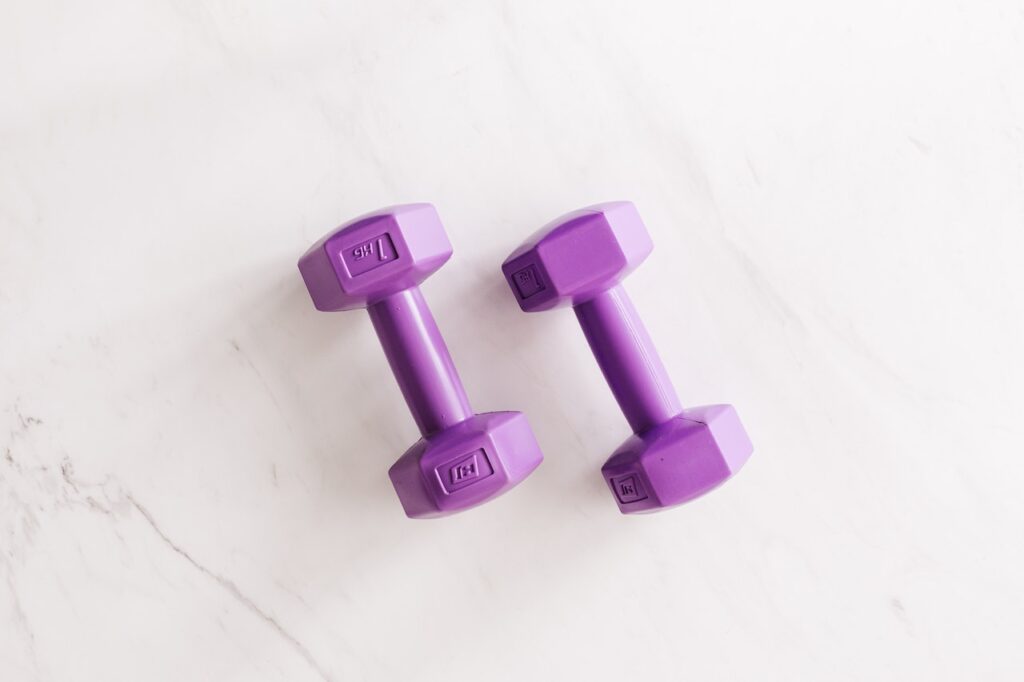As we age, our body goes through various changes that can affect our fitness levels. However, staying active and maintaining a healthy lifestyle is crucial to our overall well-being, especially as we enter our golden years. In this article, we will discuss the top 10 fitness habits that can help you maintain a healthy body after the age of 60.
- Incorporate strength training into your routine Strength training is a crucial part of any fitness regimen, especially as we age. As we get older, we naturally lose muscle mass and bone density, which can lead to weakness and frailty. Incorporating strength training exercises into your routine can help combat this by building muscle and increasing bone density. Some examples of strength training exercises include lifting weights, using resistance bands, or doing bodyweight exercises like push-ups and squats.
- Make cardio a regular part of your routine Cardiovascular exercise is another essential aspect of a healthy fitness routine. Regular cardio exercise can help improve your heart health, increase your endurance, and even boost your mood. Some examples of cardio exercises include walking, jogging, cycling, swimming, or taking a dance class.
- Stay hydrated As we age, our body’s ability to retain water decreases, which can lead to dehydration. Staying hydrated is essential for maintaining healthy bodily functions and can help prevent fatigue, dizziness, and other health issues. It is recommended that adults over the age of 60 drink at least 8-10 cups of water per day.
- Prioritize flexibility exercises Flexibility exercises like yoga or stretching can help improve your range of motion and prevent injury. As we age, our muscles and joints naturally become stiffer, making it harder to move around comfortably. Incorporating flexibility exercises into your routine can help keep your body limber and mobile.
- Get enough sleep Getting enough sleep is crucial for overall health and well-being, especially as we age. It is recommended that adults over the age of 60 get at least 7-8 hours of sleep per night. Lack of sleep can lead to fatigue, irritability, and other health issues.
- Eat a balanced diet Maintaining a healthy diet is essential for overall health and fitness. As we age, our body’s nutritional needs change, and it’s important to eat a balanced diet that includes plenty of fruits, vegetables, lean proteins, and whole grains. It’s also important to limit processed foods, sugary drinks, and alcohol.
- Stay social Staying socially active is important for overall health and well-being, especially as we age. Social interaction can help prevent depression and anxiety, boost your mood, and even improve your cognitive function. Some ways to stay social include joining a club, volunteering, or taking a class.
- Manage stress Stress can have a significant impact on our physical and mental health. Learning how to manage stress is crucial for overall well-being. Some ways to manage stress include practicing mindfulness meditation, deep breathing exercises, or engaging in relaxing activities like yoga or tai chi.
- Wear appropriate footwear As we age, our feet and joints become more susceptible to injury. Wearing appropriate footwear is essential for preventing falls and maintaining healthy joints. Make sure your shoes fit well, provide adequate support, and have good traction to prevent slips and falls.
- Listen to your body As we age, our body’s abilities may change, and it’s important to listen to your body and adjust your fitness routine accordingly. If you experience pain or discomfort during exercise, take a break or modify the exercise to better suit your needs. It’s important to work with a healthcare professional to create a fitness routine that works for you.
